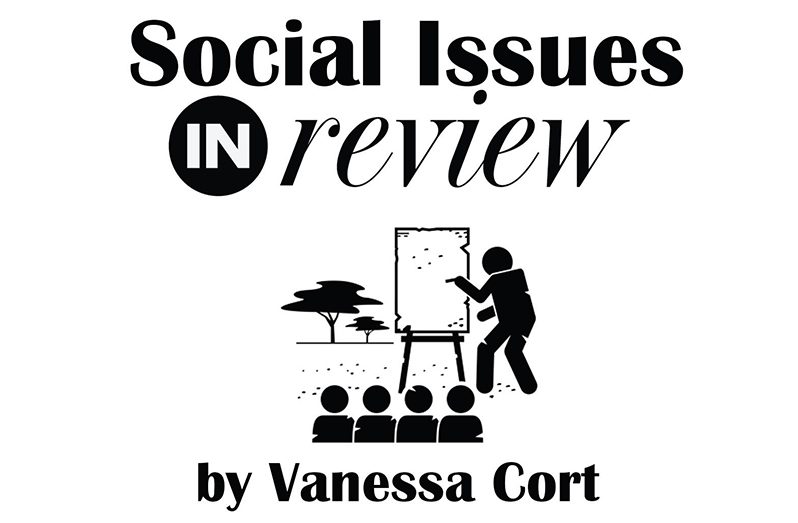WHEN it comes to our physical health, many of us ignore the symptoms and signs that something is wrong. ‘We gat nuff more tings to think about’ – like our rent or mortgage or all the other bills piling up.
So, we turn a blind eye to our physical discomfort or growing ailment until it becomes ‘more dan we’. When the runny nose or cough becomes persistent, the pain in the stomach does not go away or the puffy feet make walking difficult, then we decide to seek medical attention.
In other words, we wait until things get worse before we take action. We forget that our elders tell us to ‘nip things in the bud’, or even more pertinent, that ‘prevention is better than cure’.
That latter saying is really advising us to take care of ourselves so that we avoid sickness or at least minimise the chance of serious illness. And the ‘cure’ may not only be prolonged but may lead to time off work while the pile of bills gets higher.
Of course, at the back of our minds we know all of this. We are well aware of the truth of these old sayings, which many of us were required to learn at school. Yet, we continue to put things off, we procrastinate, not seeking medical attention when we should.
When it comes to our mental well-being, we are even more lax. In fact, some of us even refuse to acknowledge that mental health is ‘a thing’. We think it is a lot of fuss about nothing, and certainly not requiring any special attention.
Words like anxiety, stress and depression mean nothing to us. These are terms experts use to describe conditions we know little about. What we know is that sometimes we worry or feel pressured or just ‘out of sorts’.
All of this is normal. But what do we do when these feelings begin to overwhelm us, when they become chronic and affect our ability to handle our daily lives?
Just as with a physical ailment, this is the time we should seek professional help. This is when our body is telling us that all is not well. This is when we should ‘sit up and take notice’. For at this point the conditions will not suddenly disappear, it will get worse.
But first we have to admit that we have a problem and this can be so hard to do in a culture that tells us we should not even have this kind of issue.
Indeed, around the world mental wellness is now being more widely discussed than ever before, because for so long it was barely acknowledged.
Universally, we have been schooled to think we should cope with our problems ourselves and this especially applies to men, who from a young age are taught that they must keep their emotions ‘in check’.
And of course, there is the underlying stigma of mental illness and the thought that admitting to any form of psychological or emotional distress is tantamount to declaring insanity.
We are gradually moving away from this view, but still have a long way to go and the first step begins with looking after our mental well-being and taking heed of the signs telling us that something is wrong.
As Mel Robbins, an author and motivational speaker says, “Your mental health is everything – prioritise it. Make the time like your life depends on it, because it does.”


.jpg)











